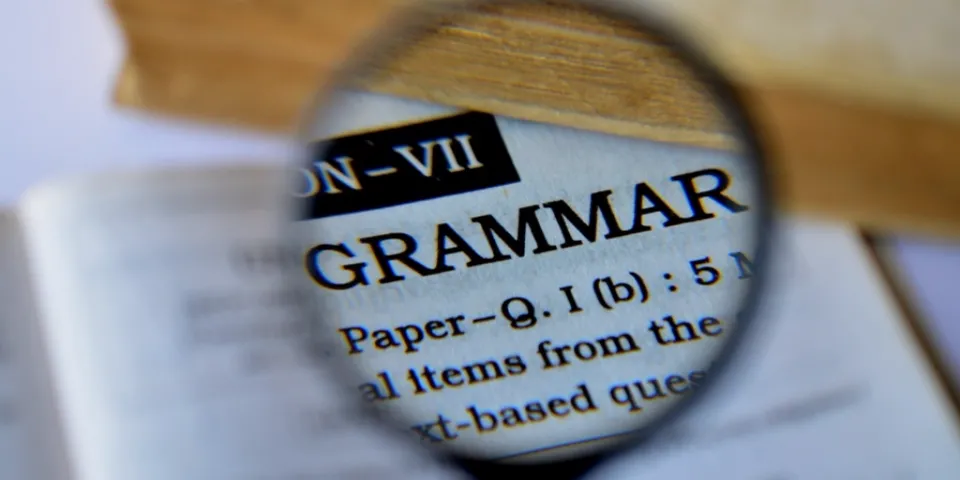Latest
Grammar Lessons: Where to use a comma
Nov 30, 2017

Where do you use a comma?
It seems like a weird question to ask, right? Don’t commas just go where you pause in the sentence? Nope. But if you thought that, you’re not alone!
There are a lot of rules that dictate where and when to use a comma, but the two most fundamental rules are related to independent and dependent clauses. Before you can begin to understand where to use a comma, you first need to know the difference between independent and dependent clauses.
What are independent and dependent clauses?
An independent clause is a part of a sentence that contains a subject and a verb and expresses a complete thought. It is, in effect, a complete sentence.
Example: Luke thought he was an orphan.
- Who is our subject? Luke
- What did our subject do? Thought
- What did he think about? That he was an orphan (this is the object)
You don’t need an object to have an independent clause or a complete sentence. “Luke thought” is a perfectly acceptable sentence, but it doesn’t tell the reader very much.
A dependent clause contains a subject and a verb, but does not express a complete thought. Dependent clauses are not complete sentences, and therefore cannot stand alone.
Example: Because he thought he was an orphan.
Even though we have all the components of a sentence here, we don’t have a complete sentence or an independent clause. This is because the statement doesn’t express a complete thought. The “because” at the beginning is throwing everything off!
“Because” is called a “dependent marker.” These words demand more information and tell the reader that there is more to this sentence. When you add “because” to the beginning of a sentence, you automatically have a dependent clause.
Other dependent markers include after, although, before, even if, in order to, since, unless, until, when, whenever and while.
Examples:
- Independent clause: Luke went on a journey.
- Dependent clause: When Luke went on a journey, …
- Independent clause: Luke met Ben.
- Dependent Clause: After Luke met Ben, …
- Independent clause: Ben wasn’t fully honest with Luke.
- Dependent clause: Since Ben wasn’t fully honest with Luke, …
Now that you understand the difference between independent and dependent clauses, you’re ready to learn two basic comma rules:
1. You use a comma when you have two independent clauses separated by a conjunction:
Example: Luke thought he was an orphan, but he was wrong. A conjunction is a word that connects two clauses. Some popular conjunctions include and, but, or, nor, so, yet, etc. When you use a conjunction to connect two independent clauses, you always put a comma before the conjunction.
2. You also use a comma when you have a dependent clause that comes before an independent clause in a sentence:
Example: Because he thought he was an orphan, Luke was surprised to meet his father and twin sister.
These are only two of many reasons why you would use a comma in a sentence.
BLS pay estimates calculate the median annual wage for various occupations. Per the BLS the median wage for an occupation is: "The wage at which half of the workers in the occupation earned more than that amount, and half earned less. Median wage data are from the BLS Occupational Employment and Wage Statistics survey." Bureau of Labor Statistics (BLS), U.S. Department of Labor, Occupational Outlook Handbook 2024. BLS median wage estimates do not represent entry-level wages and/or salaries. Multiple factors, including prior experience, age, geographic market in which you want to work, and degree level and field, will affect career outcomes, including starting salary and earnings as an experienced employee. Herzing neither represents that its graduates will earn the median salaries calculated by BLS for a particular job nor guarantees that graduation from its program will result in a job, promotion, particular wage or salary, or other career growth.
Latest
Recent Blog Posts
Subscribe to our Newsletter
Get the latest news you need to know, from study hacks to interview tips to career advancement. Have it delivered right to your inbox biweekly.








